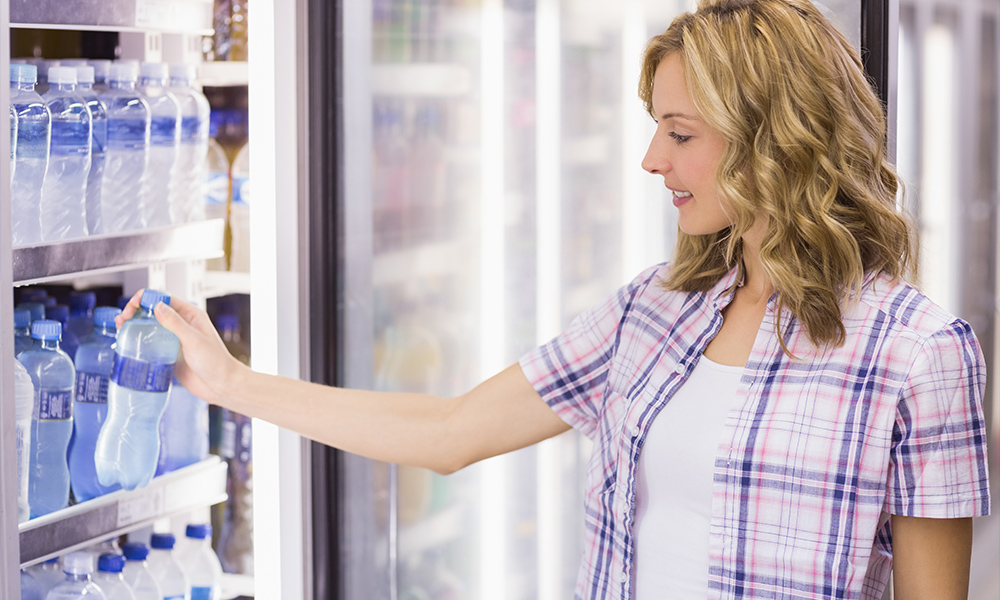The age-old debate of freezing vs. refrigeration has long intrigued culinary enthusiasts, food scientists, and homeowners alike. Both methods are employed to extend the shelf life of perishable items and preserve their quality, but they operate at different temperature ranges and come with their own advantages and limitations.
In this blog, we’ll delve into the differences between freezing and refrigeration and explore when one might be better than the other.
Understanding the Basics
Before we dive into the pros and cons, let’s clarify the fundamental differences between freezing and refrigeration:
- Refrigeration: Refrigeration involves storing items at temperatures between 0°C (32°F) and 4°C (39°F). This slows down the growth of microorganisms and enzymes that can cause spoilage, helping to maintain the freshness of foods for a limited period.
- Freezing: Freezing, on the other hand, goes a step further by lowering temperatures significantly, typically to -18°C (0°F) or lower. At these temperatures, water molecules in the food freeze, forming ice crystals, which effectively halt the growth of microorganisms and enzymes. This extends the shelf life of food even further, often by several months or even years.
Now, let’s explore when freezing or refrigeration might be the better choice:
Refrigeration:
- Short-Term Storage: Refrigeration is ideal for items that will be consumed within a few days to a couple of weeks. Fresh fruits, vegetables, dairy products, and cooked leftovers can retain their quality in a refrigerator.
- Preserving Texture: Some foods, like certain fruits and vegetables, are sensitive to freezing. Refrigeration helps preserve their texture and flavor better than freezing, making them more enjoyable to eat.
- Convenience: Refrigerated items are readily accessible and can be used without the need for thawing. This convenience is especially appreciated in day-to-day meal preparation.
Freezing:
- Long-Term Storage: If you want to extend the shelf life of food for several months or even years, freezing is the superior option. It’s a great choice for bulk storage, preserving seasonal produce, and reducing food waste.
- Retaining Nutrients: Freezing locks in the nutritional value of food items, as the low temperatures prevent the degradation of vitamins and minerals over time.
- Versatility: Freezing provides flexibility in meal planning. You can prepare and freeze meals in advance, ensuring you always have a variety of options on hand, whether it’s for a busy weeknight or an unexpected guest.
- Safety: Foodborne pathogens are less likely to thrive at freezing temperatures. By freezing items, you reduce the risk of foodborne illnesses and ensure that the food remains safe to consume.
Conclusion
The choice between freezing and refrigeration depends on your specific needs and goals. While refrigeration is excellent for short-term storage and maintaining the quality of certain items, freezing is the go-to method for long-term preservation, nutritional retention, and safety. In many households, both techniques are used in tandem, allowing for a diverse and well-preserved selection of foods. Ultimately, understanding the differences and advantages of each method empowers you to make informed decisions that best suit your culinary and storage needs.





